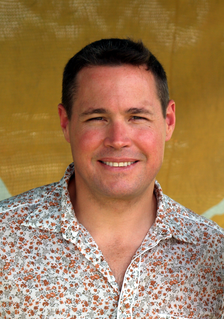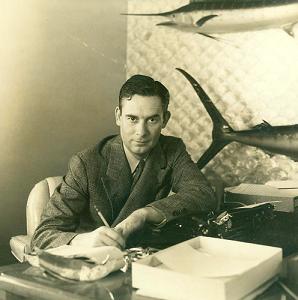A Quote by Lucretius
There is no place in nature for extinction.
Quote Topics
Related Quotes
Many scientists would argue that we are now in what is called Extinction, and it's caused by this perfect extinction storm: climate change, habitat loss, pollution, unsustainable exploitation of species and habitat resources, and of course, human population explosion. All of these factors work together and conspire to drive a species to extinction on our planet, every half an hour.
It is so hard for an evolutionary biologist to write about extinction caused by human stupidity. Let me then float an unconventional plea, the inverse of the usual argument. The extinction of Partula is unfair to Partula. That is the conventional argument, and I do not challenge its primacy. But we need a humanistic ecology as well, both for the practical reason that people will always touch people more than snails do or can, and for the moral reason that humans are legitimately the measure of all ethical questions for these are our issues, not nature's.
Reason's biological function is to preserve and promote life and to postpone its extinction as long as possible. Thinking and acting are not contrary to nature; they are, rather, the foremost features of man's nature. The most appropriate description of man as differentiated from nonhuman beings is: a being purposively struggling against the forces adverse to his life.
It was the nature of his profession that his experience with death should be greater than for most and he said that while it was true that time heals bereavement it does so only at the cost of the slow extinction of those loved ones from the heart's memory which is the sole place of their abode then or now. Faces fade, voices dim. Seize them back, whispered the sepulturero. Speak with them. Call their names. Do this and do not let sorrow die for it is the sweetening of every gift.






































